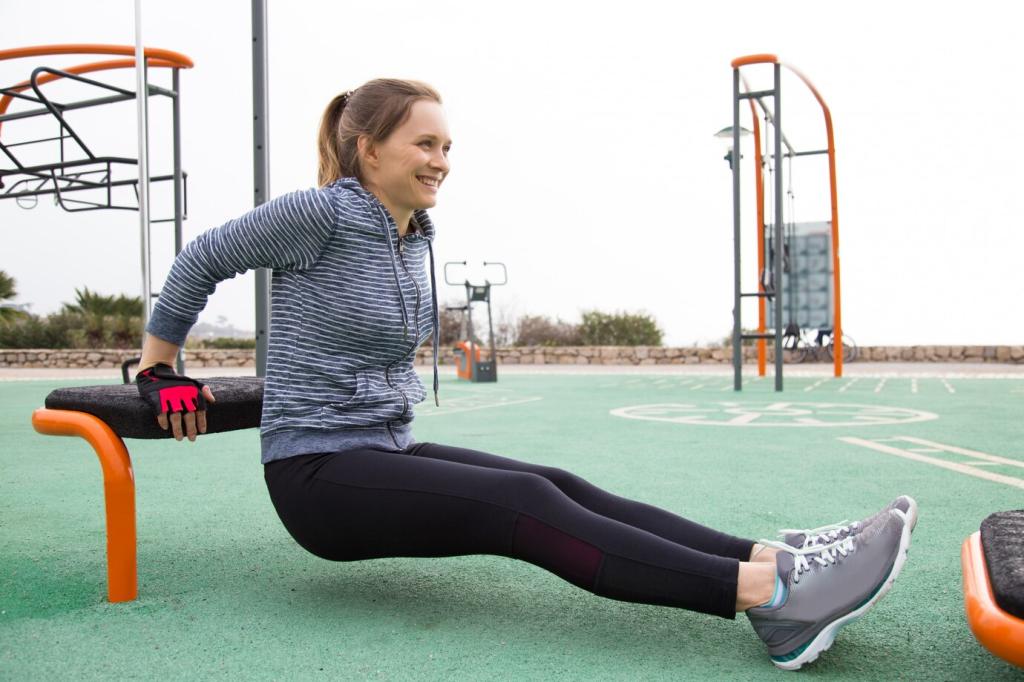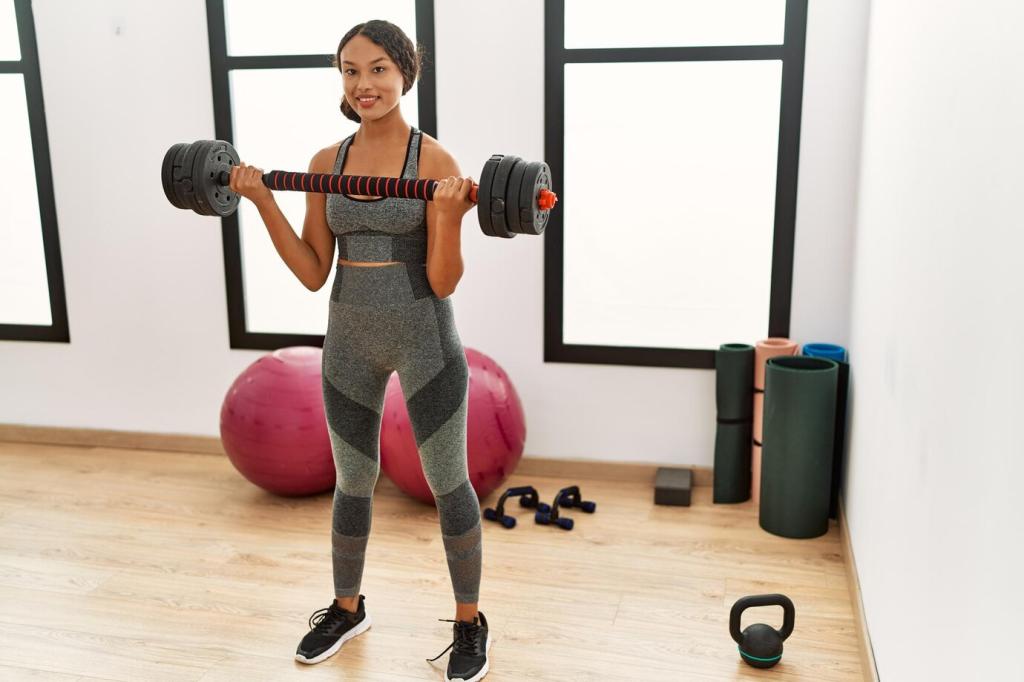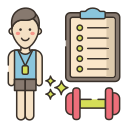Adapting to Your Fitness Plan: Rest Days and Recovery for Beginners
Chosen theme: Adapting to Your Fitness Plan: Rest Days and Recovery for Beginners. Welcome! If you’re just starting out, embracing rest days is how your body adapts, grows stronger, and keeps motivation high. Read on, join the conversation, and subscribe for gentle, beginner-friendly recovery guidance.
The science behind adaptation
Training creates tiny stress signals; recovery turns those signals into strength. This cycle, often called supercompensation, requires a pause. Without rest days, you simply collect fatigue instead of building resilient, lasting fitness.
Beginner mistakes to avoid
New lifters often think more sessions mean faster results. In reality, stacking hard days can stall progress. Space your efforts, prioritize sleep, and protect your enthusiasm with planned, guilt-free recovery intervals.
A small story: Maya’s first month
Maya trained five days straight, felt exhausted, and nearly quit. After scheduling two weekly rest days, her energy returned. She lifted more confidently, smiled between sets, and finally enjoyed every single workout.
Designing Your Week: Where Rest Fits In
Try this rhythm: Monday strength, Tuesday active recovery, Wednesday strength, Thursday rest, Friday strength, Saturday walk plus mobility, Sunday full rest. Adjust to your life, not someone else’s routine or expectations.
Designing Your Week: Where Rest Fits In
Mild, even soreness that fades is normal. Sharp, stabbing, or escalating pain is not. If movements worsen discomfort, rest sooner. Let your body’s honest feedback guide adjustments before small issues become injuries.
Designing Your Week: Where Rest Fits In
What two days feel best for your full rest? Weekends, midweek, or split? Drop your plan in the comments, and subscribe to receive adaptable templates aligned to beginner recovery milestones.
Active Recovery That Actually Feels Good
Twenty to thirty minutes of relaxed walking, casual cycling, or a light swim encourages blood flow and reduces stiffness. You should finish comfortably chatty, not breathless. If in doubt, slow down and smile.

Nutrition and Hydration for Recovery
Include a source of protein in meals and snacks throughout the day. Think yogurt, eggs, beans, tofu, fish, or lean meats. Consistency matters more than perfection; build a routine you actually like.
Nutrition and Hydration for Recovery
Carbs help replenish the energy you used while training. Whole grains, fruit, and potatoes are beginner-friendly picks. Pair them with protein for steady recovery and fewer energy dips between workout days.
Sleep, Stress, and the Nervous System
Choose a consistent bedtime, dim lights, and park your phone away. Read, journal, or stretch lightly. Repeat nightly so your brain recognizes the pattern and starts relaxing before you hit bed.

Sleep, Stress, and the Nervous System
Short mindfulness sessions, easy outdoor walks, and boundaries around work messages help quiet the nervous system. Less background stress means better sleep and stronger adaptation to training, especially for brand-new beginners.

This is the heading
Lorem ipsum dolor sit amet, consectetur adipiscing elit. Ut elit tellus, luctus nec ullamcorper mattis, pulvinar dapibus leo.

This is the heading
Lorem ipsum dolor sit amet, consectetur adipiscing elit. Ut elit tellus, luctus nec ullamcorper mattis, pulvinar dapibus leo.
Measuring Progress Without Overdoing It
Rate of Perceived Exertion helps you adjust daily. Hard days around seven or eight, easy days four or five. If life feels heavy, reduce intensity and earn a high-quality session tomorrow.
Every four to six weeks, reduce volume or intensity for one lighter week. You’ll return sharper and more motivated. Beginners often find this prevents plateaus and keeps training mentally enjoyable.
Note when you sleep better, move easier, or climb stairs without soreness. These are real milestones. Comment your latest small win, and encourage a fellow beginner who needs a nudge today.
